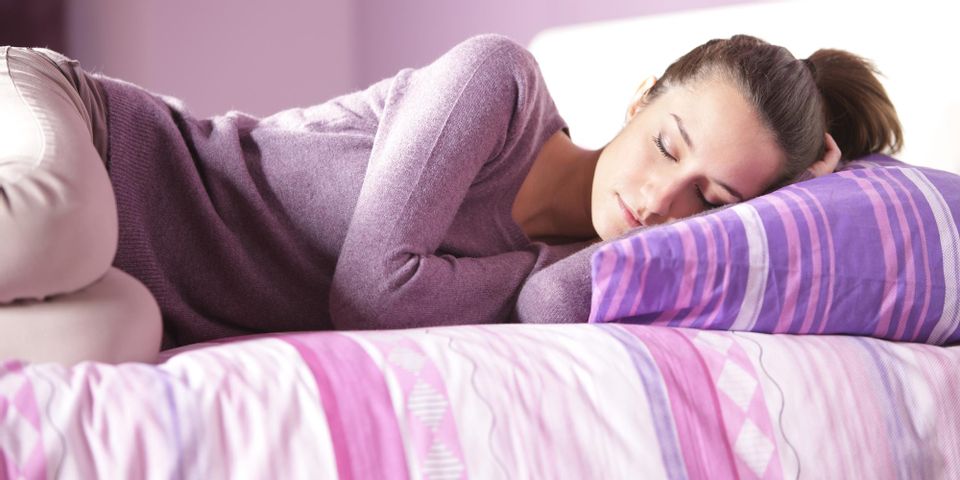A Beginner’s Guide to Sleep Apnea

Even with the best possible mattress and cozy bedding, you can face sleep problems. While creating the right environment can minimize disruptions and create a relaxing environment, some medical disruptions, such as sleep apnea may not be cured by these measures. Below are answers to a few common questions about sleep apnea.
FAQ About Sleep Apnea
What is it?
Sleep apnea is a medical condition where breathing pauses in the middle of the night due to relaxed muscles blocking airways. For some people, it only happens once or twice a night, whereas others experience a hundreds of pauses to their breathing during a single night’s sleep. This often leads to lackluster rest and irritability in the morning. While an extended stop to your breathing may wake you up, the pause often happens without your knowledge; however, a partner or roommate may notice loud snoring or choking noises, which are caused by closed passageways.
What are some treatment options?
While there are measures that can alleviate apnea, you should always speak to your doctor about it. They can conduct sleep trials and help you select a treatment that works with your lifestyle. For some, this will be a continuous positive airway pressure (CPAP) machine. By delivering a steady level of air pressure via a hose or mask, this machine keeps airways open throughout the night. For others, an oral device that props open the jaw is enough to maintain airflow. For others yet, surgery is the best option as it will resolve the issue fully without the need for nightly appliances.
Is there anything I can do to reduce my chances of apnea?
Skip alcohol and sedatives before sleep, even if you don’t sleep well; these may encourage the airways to relax too much, which contributes to apnea and overall quality of rest. If you find that you need sleeping medication to stay at rest, see your doctor as it may be caused by apnea. Sometimes, adjusting medication is enough to keep airways active at night.
Can changing my sleeping position help?
Sleeping on your back restricts airflow as the passageways will relax downward due to gravity. Similarly, sleeping on your stomach creates problems as the nose and mouth can be restricted by the bedding, and the air may not move easily through the throat when the neck is craned sideways. The best option is to sleep on your side; your mouth, tongue, and palate will not relax downward toward your throat, allowing air to move through. Additionally, using a thick, supportive pillow that keeps the entire spine in a straight line can prevent restricting movement through the throat and to the lungs.
If you need new pillows, blankets, or other bedding to help with your sleep apnea, visit Sleep Central. After 23 years of serving the Lakeland area of Wisconsin, these professionals know everything you need for an ideal night’s sleep. With a wide selection of mattresses, futons, and bedding, they can outfit you with everything you need to relax and rest after a day of activity. Additionally, they offer mattress delivery and removal service for every purchase. To browse their expansive inventory of mattresses, visit them online, and call (715) 356-3488 to ask about their current inventory.
About the Business
Have a question? Ask the experts!
Send your question

